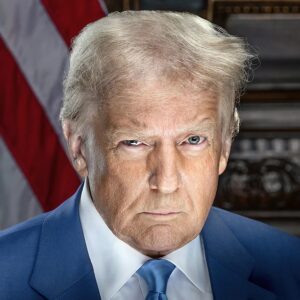
The inauguration of Donald Trump as the 47th president of the United States took place on Monday, January 20, 2025. Due to freezing temperatures and high winds, it was held inside the United States Capitol rotunda in Washington, D.C.
https://en.wikipedia.org/wiki/Second_inauguration_of_Donald_Trump

